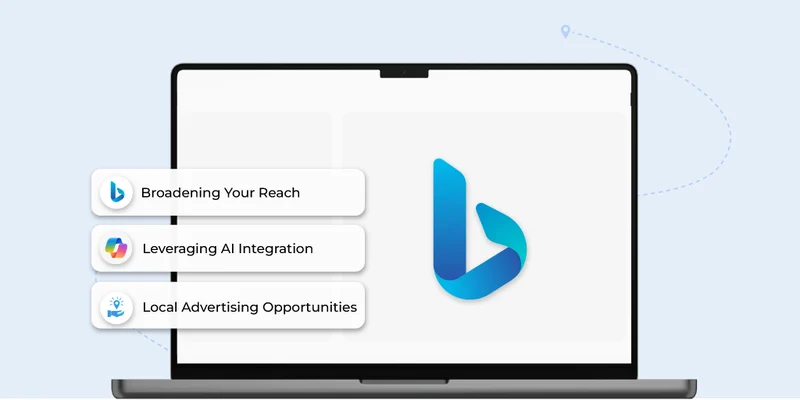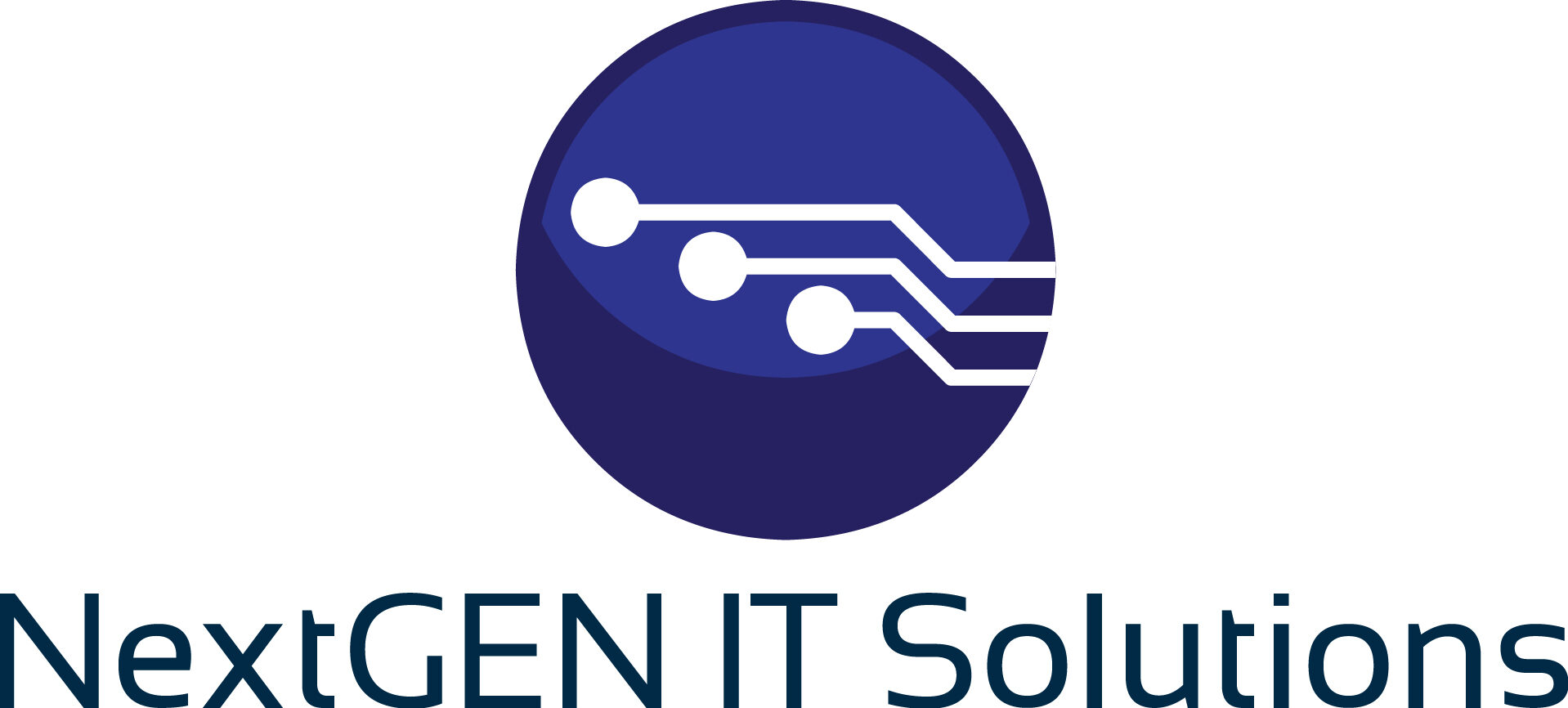Why Bing Matters in 2025 And It’s Not Just About Google Anymore

Stop Ignoring Bing. It’s Time to Think Beyond Google.
Google may dominate the search engine market, but it’s not the only player—especially in 2025.
If you’re only optimizing your online presence for Google, you’re leaving potential customers on the table.
Why?
Because Bing—and other search platforms—are still used millions of times per day, and they’re baked into the tools people use most, especially on Windows devices.
In this article, we’ll break down why Bing still matters, how it impacts local SEO, and what you can do to make sure your business is fully visible—across every search engine.
Bing by the Numbers: Why It Still Counts
Bing currently holds around 8–10% of the U.S. desktop search market. That may seem small, but it’s significant when you consider this:
- Bing powers Microsoft Edge’s default search
- Bing is deeply integrated into Windows 10 and 11 via the Start Menu and taskbar
- Cortana, Outlook, Office, and other tools often direct users through Bing
- Alexa uses Bing for many voice search queries
- Bing also powers Yahoo Search, extending its reach
That’s millions of daily queries you could be missing out on if you aren’t optimizing for Bing.
Why This Is Especially Important for Local Businesses
✅ Windows Makes Bing the Default
Most businesses use Windows PCs—so do many of your potential clients.
Unless they intentionally change their settings, when they:
- Type a search into the Windows taskbar
- Use Microsoft Edge
- Click on a link from an email in Outlook
- Use voice search with a Windows device
They’re searching on Bing, not Google.
If your business isn’t optimized for Bing, you could be invisible to Windows-first users—and that’s a problem.
✅ Bing Is Often Used by Professionals
Bing tends to be used more often by:
- Office workers and corporate users
- Older demographics who don’t tweak browser settings
- Government and education systems where Edge is standard
- Voice search tools (like Alexa and Cortana)
That means Bing searchers are often decision-makers with purchasing power—just the kind of local leads you want.
How to Optimize for Bing (Without Starting from Scratch)
The good news: most SEO best practices for Google also benefit Bing.
But there are a few tweaks that can give you an extra edge:
1. Claim and Optimize Your Bing Places for Business Listing
Just like Google Business Profile, Bing has its own local business platform.
Make sure your:
- Name, Address, Phone (NAP) info is accurate
- Business categories are correct
- Images are high-quality
- Service areas are defined
Bing also lets you import your Google Business Profile to make setup easy.
2. Focus on On-Page SEO Signals
Bing places more emphasis on:
- Exact match keywords
- Title tags and H1s
- Content quality and relevance
Make sure your page titles include your city and service clearly:
“Cybersecurity Services in Slippery Rock | NextGEN IT Solutions”
3. Earn Quality Backlinks
Bing puts even more weight on backlinks than Google.
Focus on:
- Local citations
- Industry-specific directories
- Links from local Chamber of Commerce or partnerships
- Press mentions in regional media
4. Improve User Experience (UX)
Like Google, Bing wants users to:
- Stay on your site
- Navigate easily
- Find fast-loading, mobile-optimized pages
Use tools like Bing Webmaster Tools to review:
- Crawl stats
- Mobile-friendliness
- Indexing issues
5. Use Schema Markup
Bing supports and encourages structured data. Adding schema helps Bing:
- Understand your services
- Display enhanced results
- Improve click-through rates
Use Schema.org markup for:
- LocalBusiness
- Product
- Service
- Review
- Contact info
Bing vs Google: A Quick Comparison
| Feature | Bing | |
|---|---|---|
| Market Share (US Desktop) | ~75% | ~20% |
| Local Listing Platform | Google Business Profile | Bing Places for Business |
| Importance of Backlinks | High | Very High |
| Social Signals | Minimal Impact | Moderate Impact |
| Voice/Search Assistant Use | Google Assistant, Android | Cortana, Alexa, Windows |
| Algorithm Focus | AI, behavior-based | More keyword + domain authority |
Don’t Sleep on Bing (and Others)
Besides Bing, consider also checking your business presence on:
- DuckDuckGo (privacy-focused users)
- Yahoo (powered by Bing)
- Brave Search
- Apple Maps & Siri (if you serve Apple users locally)
- Yelp, Facebook, and LinkedIn Search (for service industries)
Together, these may account for 20% or more of your total online visibility.
Real-World Impact: Bing Helps Close the Gap
A managed services provider in Pennsylvania started tracking Bing data after optimizing Google Business Profile.
They:
- Claimed and optimized Bing Places
- Updated metadata with clearer service descriptions
- Earned local backlinks from business directories and chambers
📈 Within 60 days:
- Bing impressions increased 73%
- Website visits from Edge/Bing users grew by 46%
- Closed 2 B2B contracts from clients who “Googled” them using Edge—but found them on Bing
Next Steps: Get Found Everywhere
You don’t need to abandon Google—just stop ignoring everyone else.
At NextGEN IT Solutions, we help local businesses:
- Claim and optimize Bing Places for Business
- Improve metadata and keyword targeting for Bing
- Build backlinks and citations that rank across platforms
- Integrate Bing SEO into a multi-channel visibility strategy
📞 724-204-1950
🌐 https://nextgen-itsolutions.com/contact
In a world where most users never change default settings, make sure your business is visible where they’re already searching—including Bing.



